June 24, 2025 | 11:14 GMT +7
June 24, 2025 | 11:14 GMT +7
Hotline: 0913.378.918
June 24, 2025 | 11:14 GMT +7
Hotline: 0913.378.918
According to a shrimp farm owner on the riverside of My Thanh, Sóc Trăng Province, salt drought is now over. However, in recent years, every year people were very worried.
From the end of October to December, the upstream water of the Mekong River gradually decreases, water flows to the lower Mekong River like a big water stream and then quietly recedes. The saltness from the South China Sea comes earlier than usual. It proves that the natural law changes unusually.
However, people in the coastal areas in eight provinces in the delta from Long An to Ha Tien - Kien Giang have never wavered. They adapt quickly and unexpectedly. The production area of the salt-sweet boundary and the brackish zone has a shift. Many farmers in the region have selected crops and livestock with high economic benefits, gradually shaping the transition.
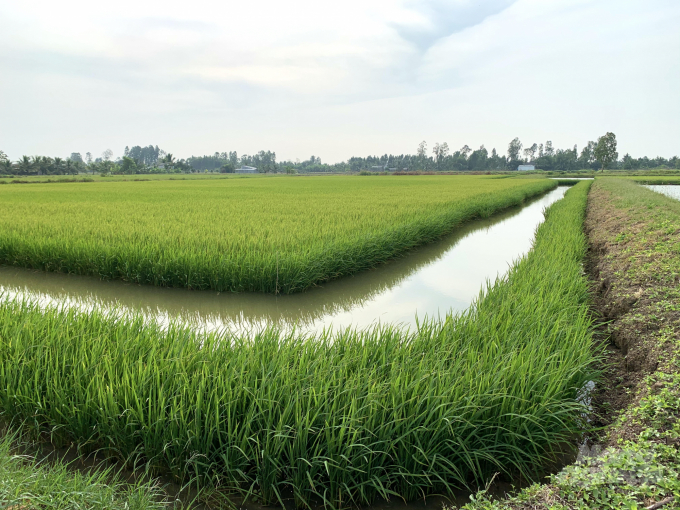
Model of shrimp - rice rotation. Photo: HD.
Depending on the geographical location advantage, each local has a suitable production. The coastal areas of the provinces of the Ca Mau Peninsula take advantage of aquaculture. The brackish area features a smart agricultural model with the rice-shrimp farming, which can expand to more than 160,000ha.
Soc Trang is one bright spot in this spectacular change. In 1991, when the province was re-established, its rice only reached 827,000 tons, shrimp farming was almost negligible. But only in the next 25 years, by 2016, the province's rice production has jumped to over 2.1 million tons, of which high-value specialty rice accounted for more than 50 per cent and shrimp production reached over 107,000 tons, up 100 per cent. That wasn’t to mention agricultural production activities with many diverse products which could promote the advantages of fresh - brackish - salty biodiversity of the potential fertile land.
Soc Trang's terrain is adjacent to the East coast with the length of 72km, along with large tributaries and canals, creating relatively favorable conditions. The source of salty water is an advantage to develop the intensive and semi-intensive shrimp farming, applying new technology to create stable high productivity.
Soc Trang has quickly expanded nearly 55,000ha of specialised shrimp farming. A whole strip of land runs along the right bank of the Hau River, part of Long Phu flowing to Tran De seaport and then going around the estuary of My Thanh River covers shrimp fields.
Following the forecasting global climate change and the results of many researches of scientists, climate change and rising sea level are one of the major challenges in the Mekong Delta.
According to Associate Professor and PhD Le Anh Tuan, deputy director of the Dragon Institute – CTU, in recent years, the Mekong Delta has continuously experienced phenomena such as high solar radiation, heat waves, floods, irregular rains, riverbank erosion, land subsidence, drought, coastal erosion, rising sea level rise, storms and tornadoes. Comparing the change of flood characteristics in the two decades of 2000-2009 and 2010-2019: The trend of the number of large and medium floods is decreasing and the number of small floods increasing.
In coastal areas, serious landslides are happening seriously. The reasons include decreasing alluvium from upstream (about 50 per cent), large-scale groundwater exploitation, increased sand mining, rising sea level, increasing wind and storm intensity, decline of mangrove forests as well as change in land use.
Knowing the risks and challenges, people in coastal areas have changed their production form to adapt to the climate change. Especially, the rice-shrimp model brings people high economic efficiency, keeping the sustainable environment.
Tuan said the economic transformation towards the sea is completely feasible, creating effective products. Moreover, the trend of economic development in coastal areas has proved that people's lives are becoming more and more affluent and richer.
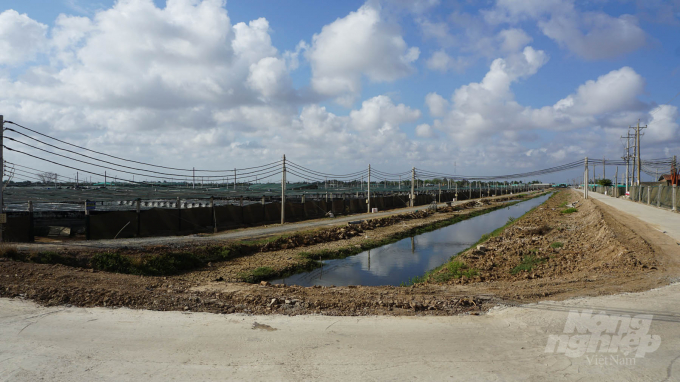
The overview of a high-tech shrimp farm in Tran De District, Soc Trang Province. Photo: HD.
Recently, PhD Nguyen Thanh My, general director of Rynan Technology Group, introduced a new solution for "ethical shrimp", from ponds to dining tables. The group brings solutions to apply digital technology to help co-operatives and shrimp farmers check water quality, control pathogens, prevent and treat shrimp diseases. At the same time, it supplies clean processed shrimp products to consumers in the domestic market.
The domestic shrimp market in Vietnam is still open. A total value of about US$1 billion, equivalent to 121,000 tons is being neglected.
Rynan Technology expects that, digital application solutions with new technology equipment will meet the needs of businesses to help co-operatives, rice farmers, shrimp farmers sell fresh products and process to ensure food hygiene and safety.
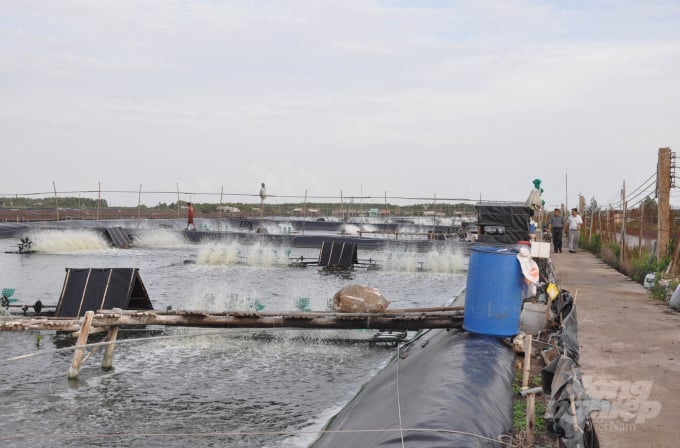
Intensive shrimp farming in the coastal area of Vinh Chau Town, Soc Trang Province. Photo: HD.
According to the new approach, the Mekong Delta region flexibly changes seasons, expands production of climate change adaptation models under the sustainable linkages. These will help the Mekong Delta have many bright spots in developing economy./.
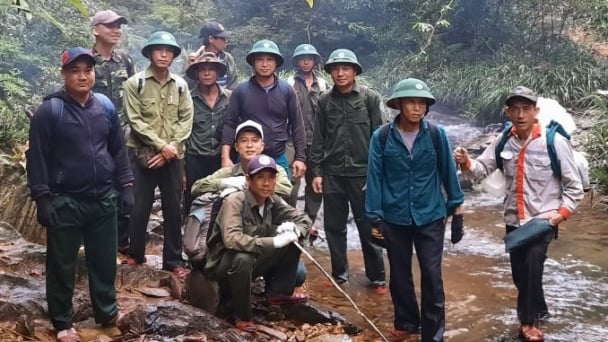
(VAN) All parties have acknowledged the barriers in mobilizing finance for conservation, proposing detailed initiatives. One of the most effective methods is to employ natural-based solutions.

(VAN) Vietnam is the country with the highest diversity of primate species in Southeast Asia, but most of them are seriously threatened, creating an urgent need for conservation efforts.
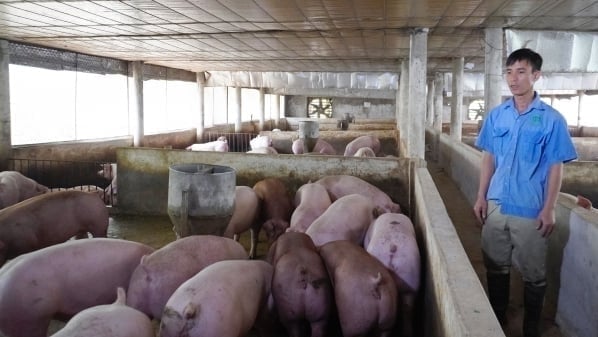
(VAN) Livestock farmers are still hesitant to use the new ASF vaccine products, mostly waiting for responses from large businesses before making a decision.
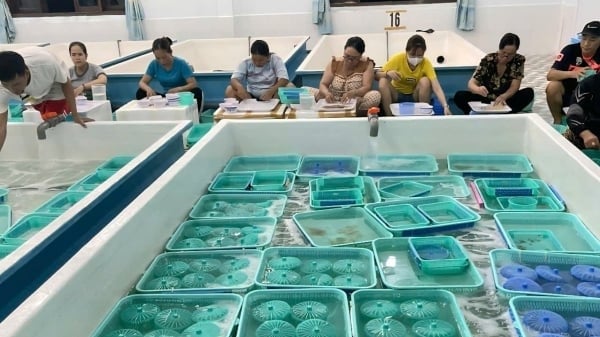
(VAN) Khanh Hoa and Phu Yen continue to strengthen inspection and control of lobster seed circulation in the area, and strictly handle violations.
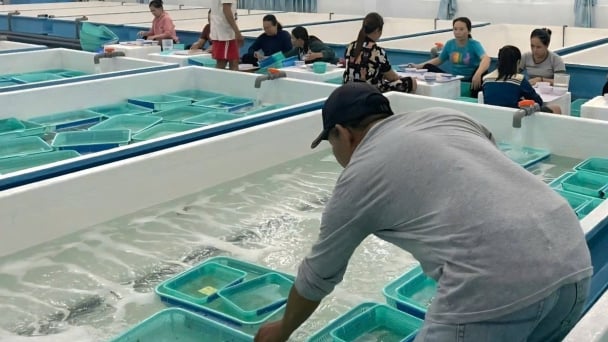
(VAN) Phu Yen and Khanh Hoa recently discovered many batches of lobster seeds of unknown origin. The authorities quickly moved and handled it as per regulations.

(VAN) Thanks to Ninh Thuans’s digitization of shrimp seed quarantine declarations, the procedures for payment and result reception are simpler and quicker.
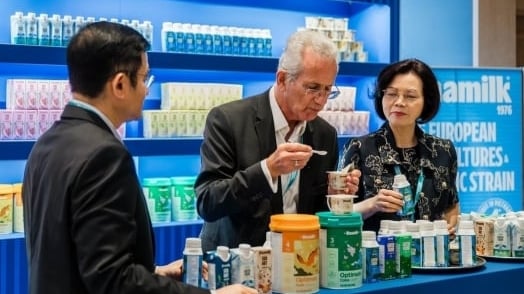
(VAN) In Amsterdam, the Netherlands, the 18th Global Dairy Congress 2025 took place from June 18-19, where Vinamilk won many grand awards.